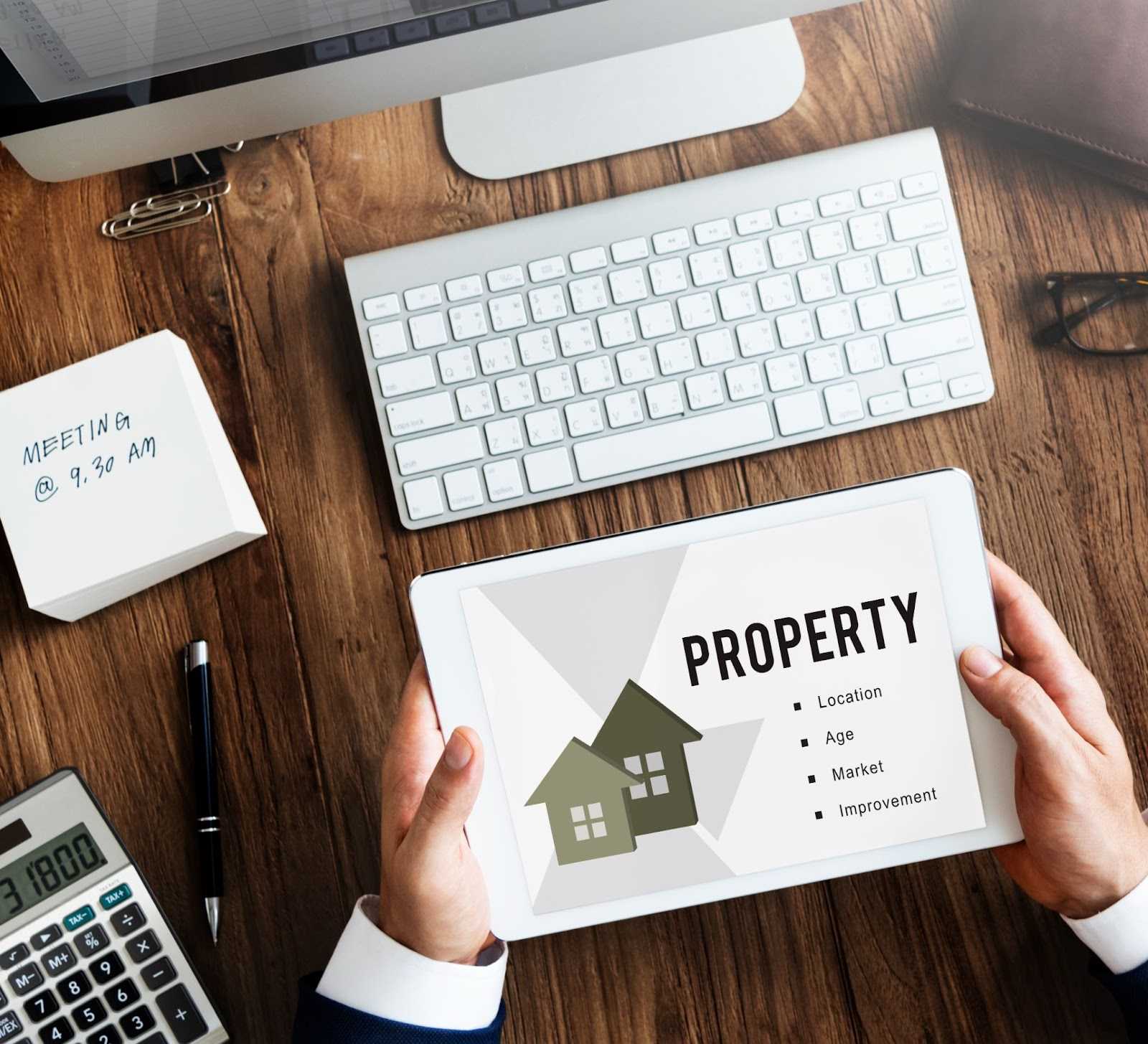In the realm of real estate management, property management software stands as the backbone, orchestrating various operations seamlessly. However, the efficacy of such software heavily relies on rigorous testing protocols to ensure optimal performance. In this guide, we delve into the intricacies of testing strategies for property management systems and QA best practices in property management to empower professionals in mastering maintenance.
Understanding the Landscape
Before delving into the nuances of testing, it's imperative to grasp the multifaceted nature of property management software. These systems encapsulate diverse functionalities, including lease management, maintenance tracking, financial reporting, and tenant communication. Consequently, any glitch or malfunction could potentially disrupt operations and tarnish the reputation of property management firms.
The Importance of Effective Testing
Effective testing in real estate management not only safeguards against operational disruptions but also fosters trust among stakeholders. In an industry where reliability is paramount, comprehensive testing serves as a linchpin for success. By identifying and rectifying issues proactively, property management professionals can uphold service excellence and streamline day-to-day operations.
Testing Strategies for Property Management Systems
1. Comprehensive Regression Testing
Given the complexity of property management software, regression testing emerges as a cornerstone strategy. This entails systematically retesting existing functionalities following any updates or modifications. By doing so, QA teams can pinpoint regression defects and ensure that new features don't inadvertently disrupt established workflows.
2. Scenario-based Testing
Incorporating real-world scenarios into testing protocols is instrumental in validating the software's practical utility. QA teams should simulate various scenarios, such as tenant emergencies, financial audits, or lease renewals, to assess the software's responsiveness and reliability under different circumstances.
3. Integration Testing
Property management software often integrates with third-party applications, such as accounting software or maintenance tracking tools. Conducting integration testing is vital to verify seamless data exchange and functionality across interconnected systems. This mitigates compatibility issues and enhances overall system interoperability.
4. Performance Testing
Performance bottlenecks can impede operational efficiency and degrade user experience. Hence, conducting performance testing is indispensable to evaluate the software's responsiveness, scalability, and resource utilization under varying workloads. By identifying and addressing performance bottlenecks early on, property management firms can ensure optimal system performance even during peak usage periods.
QA Best Practices in Property Management
1. Establish Clear Testing Objectives
Before commencing testing endeavors, it's crucial to define clear objectives and success criteria. This ensures alignment across stakeholders and provides a roadmap for QA teams to prioritize testing efforts effectively.
2. Implement Test Automation
Automation accelerates testing cycles and enhances test coverage, especially for repetitive tasks such as regression testing. By leveraging automation frameworks and scripts, property management firms can achieve greater efficiency and agility in their testing endeavors.
3. Adopt Agile Methodologies
Agile methodologies, such as Scrum or Kanban, promote iterative development and continuous testing. By embracing Agile principles, property management firms can adapt to evolving requirements swiftly and deliver high-quality software incrementally.
4. Encourage Cross-functional Collaboration
Effective QA extends beyond the confines of the QA team. Encouraging collaboration between developers, QA engineers, business analysts, and end-users fosters a holistic approach to testing. This facilitates early defect detection, requirement validation, and ensures that the software meets the needs of all stakeholders.
Tips for Testing Property Management Software
- Prioritize User Experience: Testers should empathize with end-users and prioritize testing efforts based on user needs and preferences.
- Embrace Continuous Improvement: Establish a culture of continuous improvement wherein feedback from testing informs iterative enhancements to the software.
- Stay Abreast of Industry Trends: Keep abreast of emerging technologies and industry trends to anticipate future testing challenges and opportunities.
- Invest in Training and Development: Equip QA teams with the requisite skills and knowledge through regular training and professional development initiatives.
Quality Assurance in Property Management Applications
Quality assurance transcends mere bug detection; it's about instilling confidence in the reliability, security, and performance of property management applications. By adhering to QA best practices in property management, organizations can fortify their software against vulnerabilities and deliver unparalleled value to clients and tenants alike.
Conclusion
In conclusion, mastering maintenance in property management software hinges upon meticulous testing and adherence to industry best practices. By embracing a proactive approach to testing and quality assurance, property management professionals can navigate the complexities of real estate management with confidence and competence.
Further reading
- How to Choose The Best Real Estate Software Solutions for Your Company?
- How to Use Property Management Software?
- 4 Time-Saving Tips for Property Managers
iCloudReady is a complete real estate platform built for enterprises. We help you manage better your operations, and implement best practices customer engagement tools.
Ready to find out more?
